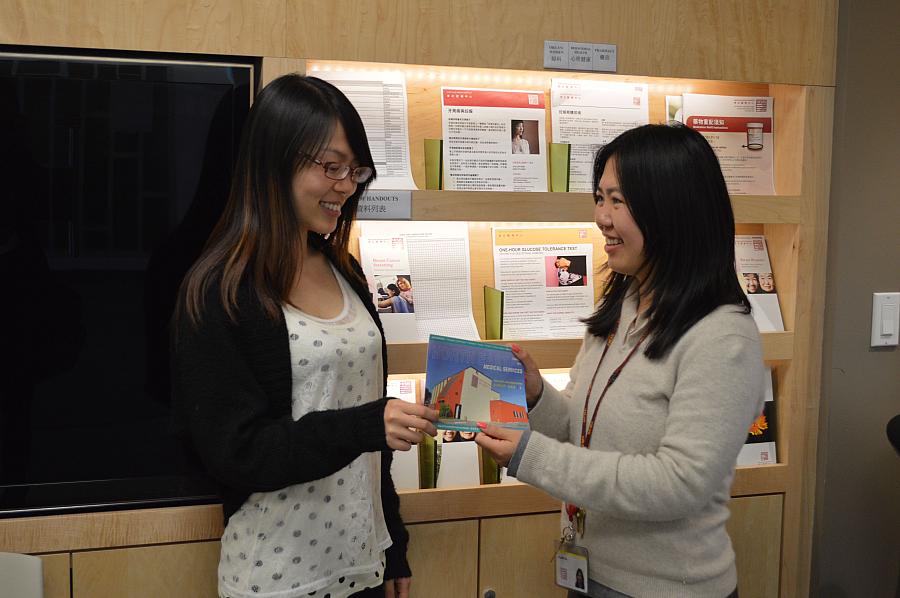Reporting on Health Care Implementation in the Chinese Monolingual Community

I proposed two projects for this fellowship when I first signed up, one about what would happen to healthy San Francisco when the ACA rolls out and the second about the health conditions of Chinese restaurant workers.
As I researched more about the conditions of Chinese restaurant workers, I realized that this was not a simple subject. After a discussion with my fellowship mentor, I decided to focus my project on the implementation of the ACA and the outreach effort in the Chinese community instead.
In the end, I wrote two projects about the ACA. The first project lays out the different facets of Affordable Care Act, and delves into the concerns of many Chinese consumers. I set out to answer as many possible questions and scenarios that might happen when the ACA rolls out, in the hope of preventing some confusion later on. Questions included: Would they really be able to afford health care under the law? Would federal subsidies for insurance plans under the exchanges incentivize employers stop offering health insurance to their employees?
The second project was about the challenges that Chinese monolingual community members face when they receive health care, and what the community partners are doing in regards to outreach. On October 1st, California’s health insurance market place will start enrolling people. Also, in January, a Medi-Cal expansion will finally take place. Are the people in the Chinese community informed about all the changes? And how would they benefit from the changes?
One of the challenges of doing this project is locating the right interviewees. A lot of them were timid and reluctant to share their stories. I eventually got a hold of some of them through Chinese Progressive Association and my own connections. Three different interviewees portrayed three different scenarios: the limitation of Medi-Cal before the expansion, the difficulties of language access, and the problem of employer-based insurance. I was glad that some readers later responded to my article and said that the experiences of my story subjects are very common, and they feel more informed after my article.
The other difficulty I faced was that when I first started this project, many of the organizations hadn’t started doing outreach yet, so I couldn’t get much information. But as the months went by, when Covered CA and other community partners actually started pumping up their outreach effort, that’s when I finally got most of my interviews done. This really shows that media can act as a catalyst for change, as reporters keep on pursuing answers from community partners.
What’s exciting about covering health care is realizing that you are not the only one trying to answer all the questions. For instance, I was glad to see San Francisco Mayor Ed Lee announced to reconstitute the Universal Healthcare Council. That council was reconstituted in the purpose to look into how local policies and federal policies can play out together. I believe the Council will answer all the questions about the changes in health care security ordinance, Healthy San Francisco, and other local policies.
Moreover, another rewarding thing about working on health care beat is that the people in health care all know one another and they all have the good intentions to work for people’s health.
For instance, Covered CA has made great strides in the past few months. President Obama held a press conference in San Jose on June 7, 2013, praising California for its forward thinking, and the Covered CA individual health plans and small group health plans. Legislators are rallying to push for further education, outreach and better language access. I feel honored to be part of this historical change, be in the midst of all the announcements, and be able to relay information to the public.
Although there are still uncertainties about the rising health care cost because of the ACA, and whether employers will drop fulltime hours and hire fewer fulltime employees to avoid the expansive health care, I still believe that the ACA is going to work out fine in the long run. I especially look forward to seeing how the U.S. healthcare system changes from a volume-based model to a quality-based model.
I would love to talk with other reporters, especially Chinese ethnic media reporters if they ever need to embark on their own stories about the Bay Area Chinese community.

